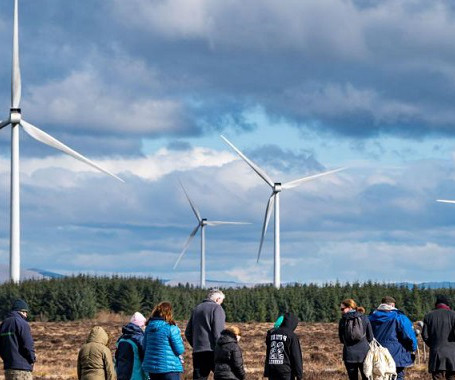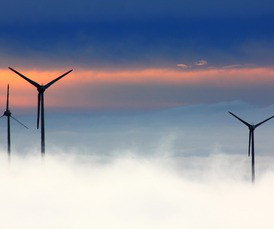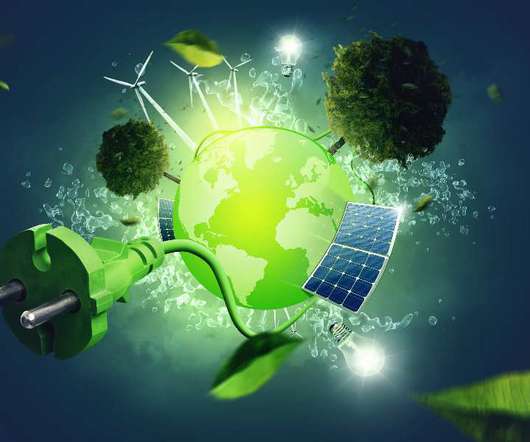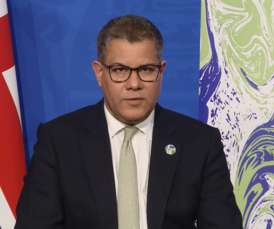Global e-waste has risen 21% in five years, says UN
Envirotec Magazine
AUGUST 6, 2020
This makes e-waste the world’s fastest-growing domestic waste stream, fueled mainly by higher consumption rates of electric and electronic equipment, short life cycles, and few options for repair. According to the report, Asia generated the greatest volume of e-waste in 2019, some 24.9 Oceania came second (16.1 Mt and 0.7















Let's personalize your content